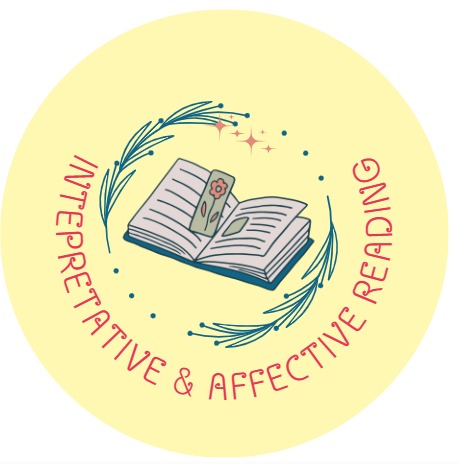Develop
the students’ reading proficiency in English up to post Intermediate
level (approximately 6,000 word level): comprehension of details, main
ideas and simple rhetoric structures of texts, literal, inferential and
evaluative comprehension of expository, narrative,
descriptive and argumentative types of texts. |
|

